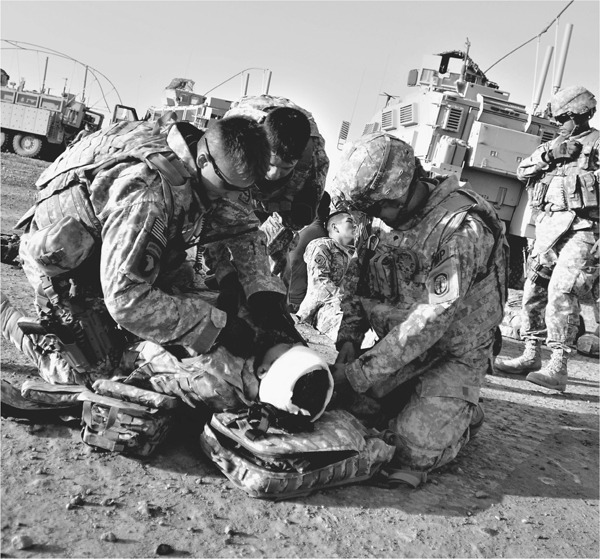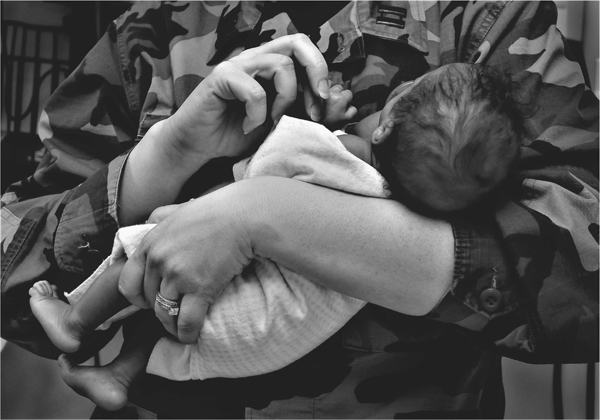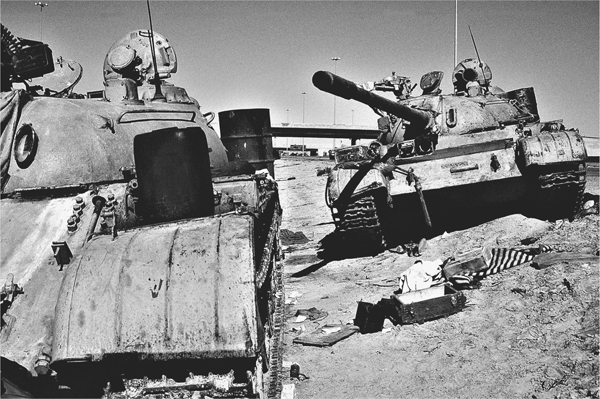A Proud Father
In 2004 I was a freshly minted second lieutenant deployed with the combat support hospital to Baghdad, Iraq. I worked in the intensive care unit where we took care of the wounded, both friend and foe. It was during this year-long deployment that one patient had a strong impact on me. In fact, he forever changed me, and I can’t even remember his name.
I don’t mean to come off as callous and uncaring, but I think every caregiver has a breaking point. After so many tears, so many body bags, and giving it your very best only to see them die so young, you become numb and just want to get through each day’s shift. So, eventually you just see the wounds and no longer remember the names. Somehow it’s easier if we don’t know their names. I haven’t decided yet if writing this is going to be therapeutic for me or just tear open old wounds that still haven’t healed completely.
I don’t think I ever knew his name, but he looked like “John” so I’ll call him that. Tragically, he was much too young to be so close to dying, so maybe Johnny would be more appropriate. If you removed all the tubes and wires and IVs and monitors that kept him alive, there wouldn’t be any obvious wounds, no traumatic injuries—that is except for a small wound to his cheek made by a sniper’s bullet that had tunneled to his spine. It paralyzed him from the neck down, and now his body could no longer automatically tell his lungs to breathe.
During my assessment of John, I immediately saw that he was in a heightened state of fear. His eyes were wide-open and he seemed desperate to be anywhere else but where he was. He couldn’t speak because he was on a ventilator to do all of his breathing for him. He could, however, blink his eyes. Since his cervical spine was severely damaged, he couldn’t move his head up and down or from side to side. Nodding a simple “Yes” or “No” to communicate just wasn’t going to work.

No obvious wounds, except a small hole by his cheek made by a sniper’s bullet that tunneled to his spine and left him paralyzed. ARMY PHOTO
I wanted to see what was causing him so much distress, so I wrote out the alphabet in big letters on a piece of paper and held it up to John’s face so he could see. Then I took my pen and told him to blink when I got to the letter he wanted me to spell. I slowly moved my hand from left to right, line by line, on my makeshift communication tool. The first letter was “W.” Then “I” and so on. He spelled out “WIFE” so then I said, “Yes, we will contact your wife and let her know you are here in the hospital, in Baghdad.” I assumed that was what was troubling him, but he wanted to tell me something more. I picked up the paper again and we slowly spelled out “B” then “A” until eventually John spelled out the word “BABY.” “Did your wife just have a baby?” I asked him and John blinked vigorously. This time I was right.

He was paralyzed from the neck down, and even though he was going home earlier than planned, he would never get to hold his newborn baby. AIR FORCE PHOTO
So there we were, a new nurse in a combat zone still getting used to the distant rumble of explosions, with a young soldier lying helpless, now a quadriplegic, telling me his wife back home just had a baby. I was doing my best not to tear up in front of him and just focused on creating a calm environment for him. Even though he was paralyzed and couldn’t feel much, he could certainly hear the chaos of the emergency room, and see all the monitors and bright lights and others passing by, all with a sense of urgency. I put my hand on John’s head to try to comfort him. It was the only thing he could feel, and he obviously knew his situation was grim. Still, I did my best to keep him comfortable that night.
I was married without kids, so I had no idea what to tell this new father. He received some medications to help ease his anxiety and eventually he closed his eyes to sleep. By the next day, John was on a medevac plane headed home, wherever home was, and I have no idea what happened to him, but it doesn’t take much to know he was facing enormous challenges. Today, as a father I now know why he was in such a state of panic. It was a soldier’s love for his family. Even though he was paralyzed from the neck down, the only thing he thought about, the only thing that soldier cared about, was his wife and newborn child. It was an incredible act of selflessness. Sometimes when I hug my own children I close my eyes and think, “This one is for John, for that young soldier who can’t wrap his arms around his own son or daughter.” Through John I’ve learned to appreciate everything about life and treasure every moment with my family. Thank you John.
—Anthony Pansoy
Sometimes the compassion a doctor or nurse might feel for a critically injured combatant is tested, especially if that patient is an enemy prisoner of war who may have recently killed Americans . . . and wouldn’t hesitate to do it again if given the opportunity.

The Iraqi Republican Guard was battle-tested after a ten-year war with Iran, and promised to destroy any Coalition forces who invaded their homeland. Total destruction did occur, as Saddam Hussein’s military collapsed with barely a whimper, and the Highway of Death leading out of Kuwait was littered with Iraqi tanks, trucks, and anything else Iraqi soldiers could commandeer. DEFENSE MEDIA PHOTO